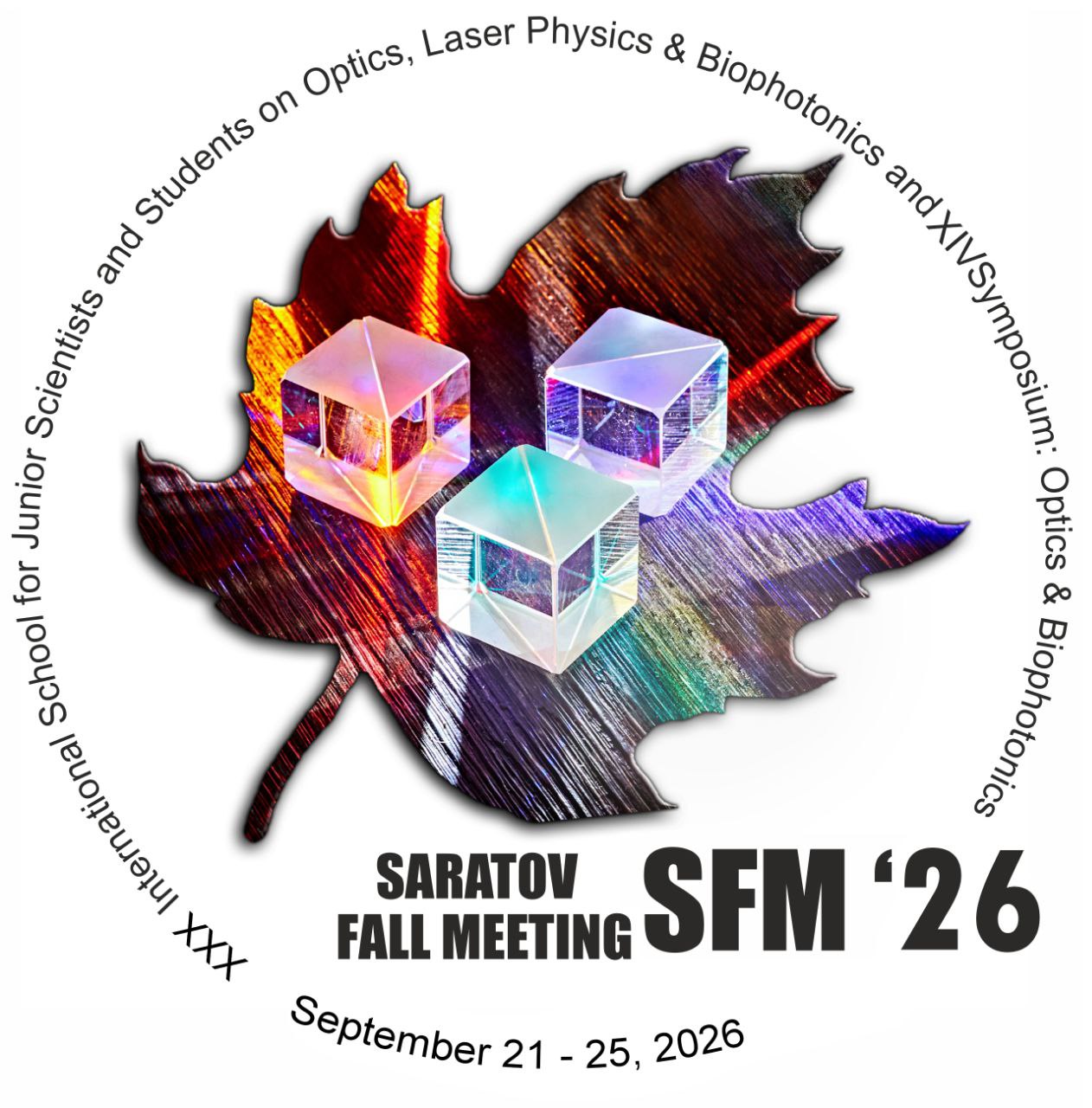A study of the brain's adaptive mechanisms during solving prolonged cognitive task based on fNIRS and Eyetracker
Artem Badarin, Vladimir Antipov, Vadim Grubov
Neuroscience and Cognitive Technology Laboratory, Innopolis University, Kazan, Russia.
Abstract
Understanding of the physical mechanisms and regularities of the brain functional networks plays one of the key roles in understanding the brain functioning in general and is one of the most important and urgent problems of modern neuroscience. In particular, nowadays scientific directions related to revealing the mechanisms of dynamic reorganization of the brain functional network during cognitive function performance are being actively developed. The organization of the brain functional network is extremely dynamic, which allows it to form and rearrange its topology for perception and processing of external and internal stimuli, adapting to changing conditions.
This paper presents the results of the analysis of changes in the characteristics of the identified functional networks during long-term and continuous performance of cognitive tasks based on the Sternberg paradigm, and also identifies their correlations with the behavioral characteristics of the volunteers based on correlation analysis and reveals biomarkers of fatigue.
Speaker
Artem Badarin
Neuroscience and Cognitive Technology Laboratory, Innopolis University
Russia
Report
File with report
Discussion
Ask question


